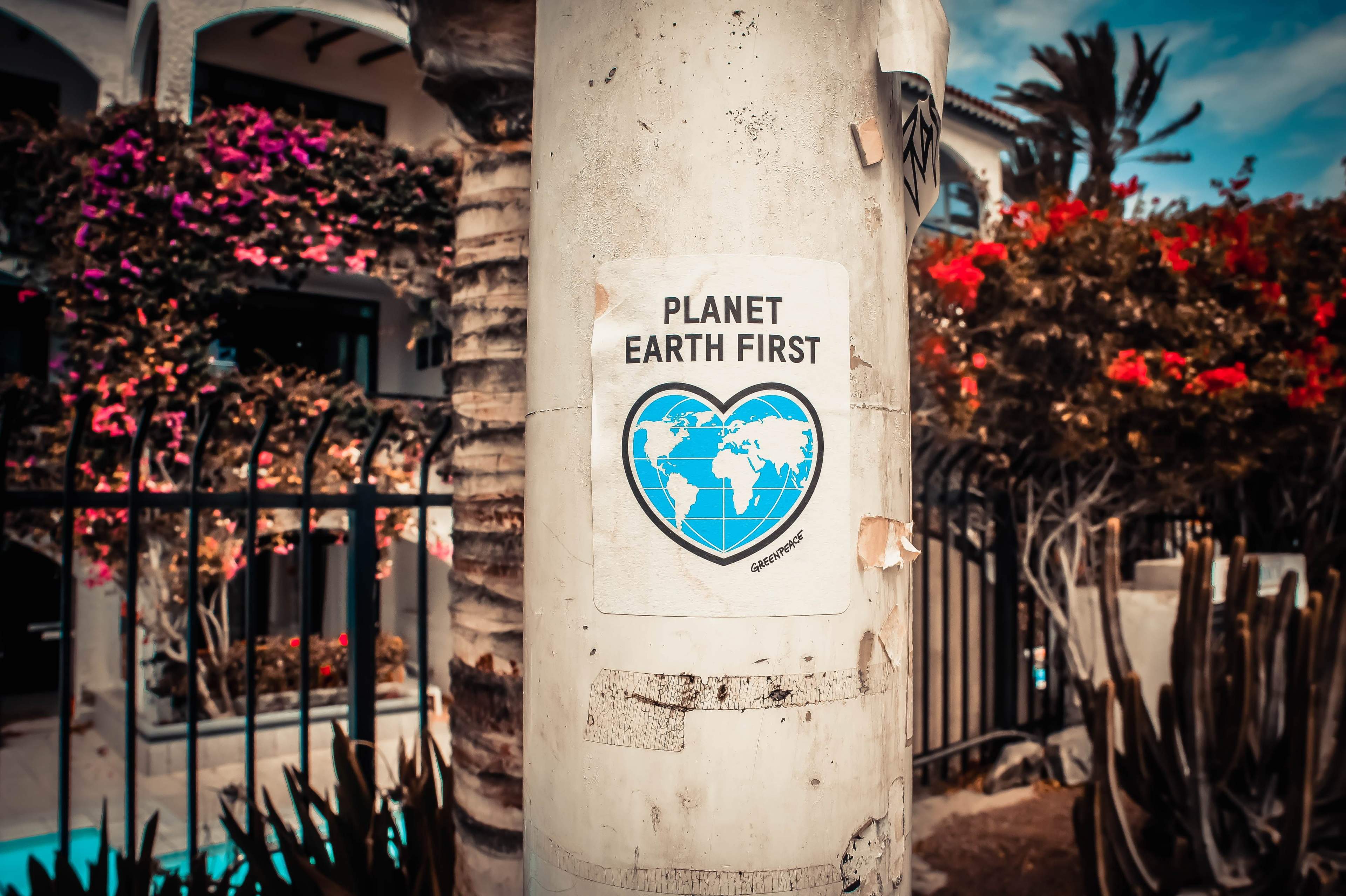The CEO of Patagonia summed it up well: “There is a special place in hell for companies not fighting climate change”. In the absence of significant government action, organizations need to step up and take action. And the recent SCOTUS decision to limit the effectiveness of the EPA to manage climate change makes this an even more pressing issue for us.
At TXI, this is a priority because our carbon footprint is increasing. We have been hiring more people into our team (which means, for example, more shipments for new laptops), more food, water, and waste from an increased team size, and increased travel as COVID restrictions ease and we gather for things like Co-Working week.
Further, we have established our DEIB as a core priority of our business. And climate change is absolutely an equity issue. The sad truth is that while the climate crisis affects us all, it does not affect us all evenly. There is a direct correlation between historic, and institutional racism and access to safe, clean, and healthy environments.
Environmental Racism
Unfortunately - many of us tend to think of environmental issues and racial justice as two very different topics. But it is important to recognize that climate change disproportionately affects those who suffer from socioeconomic inequalities, including many people of color.
Pollution, toxic chemicals and waste, unsafe drinking water, and poisoned resources are not distributed equally across society. Communities of color (not just in the US but internationally) are disproportionately impacted by environmental hazards and are significantly more likely to live near areas with heavy pollution. As a result, people of color are more likely to die of environmental causes. In fact, a person’s zip code can be the single best predictor in quality of life.
African Americans are 75% more likely than White people to live in communities near facilities that produce noise, odor, traffic, or emissions that directly affect the population
A study by the Centers for Disease Control and Prevention determined that 11.2% of African American children and 4% of Mexican-American children are poisoned by lead, compared with 2.3% of white children.
A case study of The Bronx, New York, found that individuals who live close to noxious industrial facilities and waste sites were 66% more likely to be hospitalized for asthma. Significantly, these same individuals were 13% more likely to be people of color.
The concept of environmental racism refers to unequal access to safe, clean environments and basic environmental resources based on race. Government authorities and established institutions often treat areas that are home to minority residents as having less value than wealthy and predominantly white neighborhoods. At TXI, we recognize that we can't solve climate change without racial, social, and intergenerational justice.




